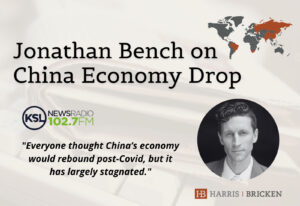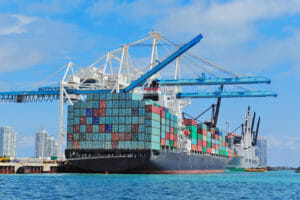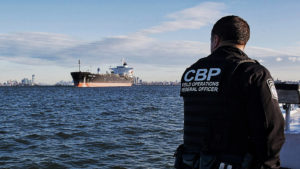U.S. Customs and Border Protection (CBP) recently revoked a withhold release order (WRO) issued against one of our clients. The WRO was imposed by CBP after it received an allegation falsely claiming our client was using forced labor. Our attorneys Rodrigo Guedes Nunes (who leads our Brazil office) and Fred Rocafort were able to convincingly demonstrate the falsity of the allegations to CBP.
In addition to the vindication of our client, CBP’s revocation means there is not a single active WRO against a suspected user of forced labor in all of South America. Though this of course does not mean the region is free of the scourge of forced labor, it stands in marked contrast to the abuses taking place in China (especially, but not only, impacting Uyghurs and other minorities from Xinjiang) about which we regularly write on our China Law Blog.
CBP takes the issue of forced labor very seriously, as it should, and securing the revocation of the WRO required close to a year of intense advocacy, backed up by three independent audits. Americans can rest assured CBP will not revoke an order unless it has full confidence that the target entity is not using forced labor.
The imposition of a WRO has real-life consequences. Not only was our client wrongfully deprived of access to a critical U.S. market for over a year; their clients in the United States also suffered from a dramatic reduction in their supply of a unique product.
This case is a good reminder to U.S. companies of what can happen if their foreign suppliers end up in CBP’s crosshairs. It goes without saying that U.S. companies should ensure they are not working with suppliers that use forced labor. However, it is also critical to have compliance programs in place that allow importers to respond to any CBP queries concerning forced labor, as well as other matters that might be probed by the agency.

























